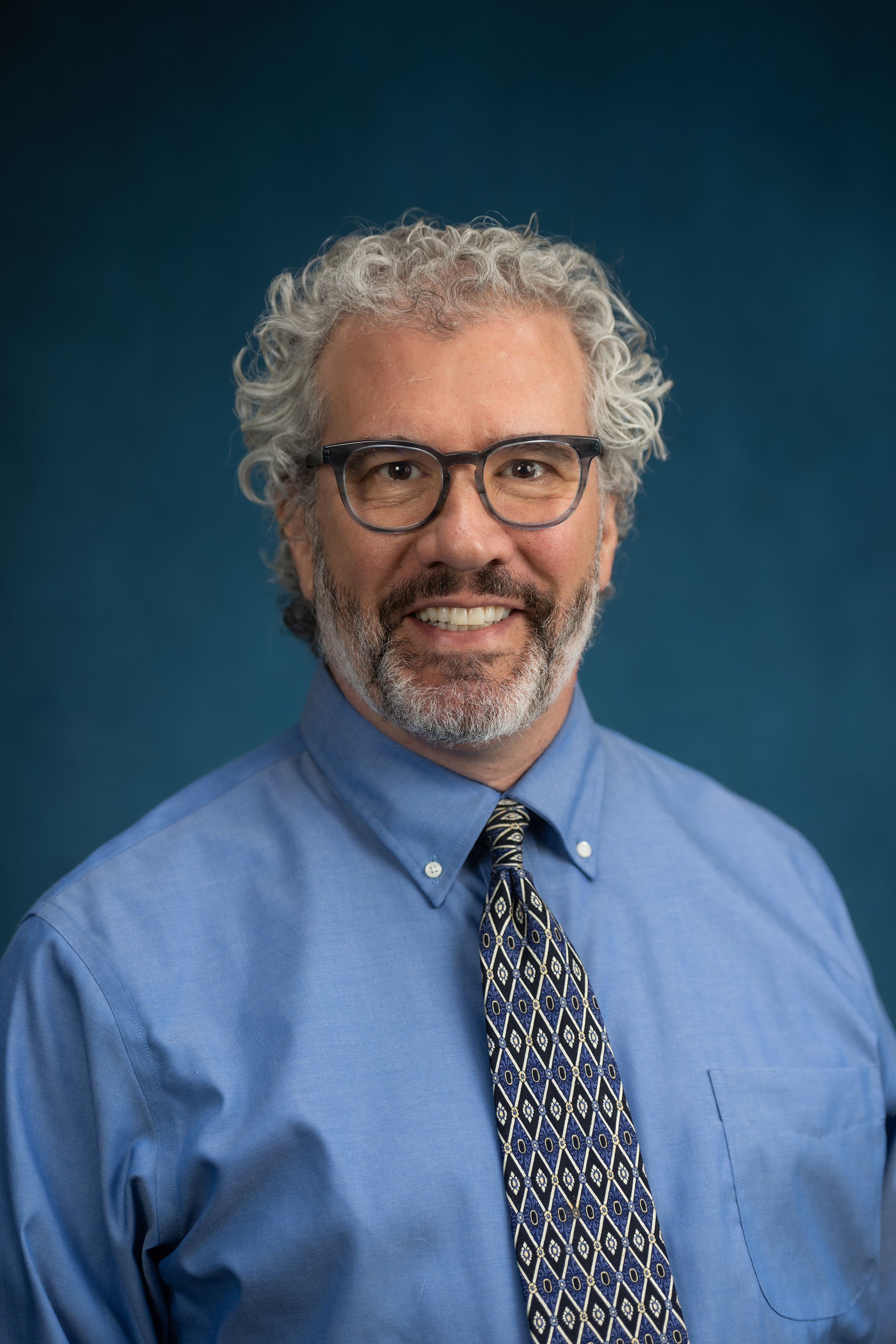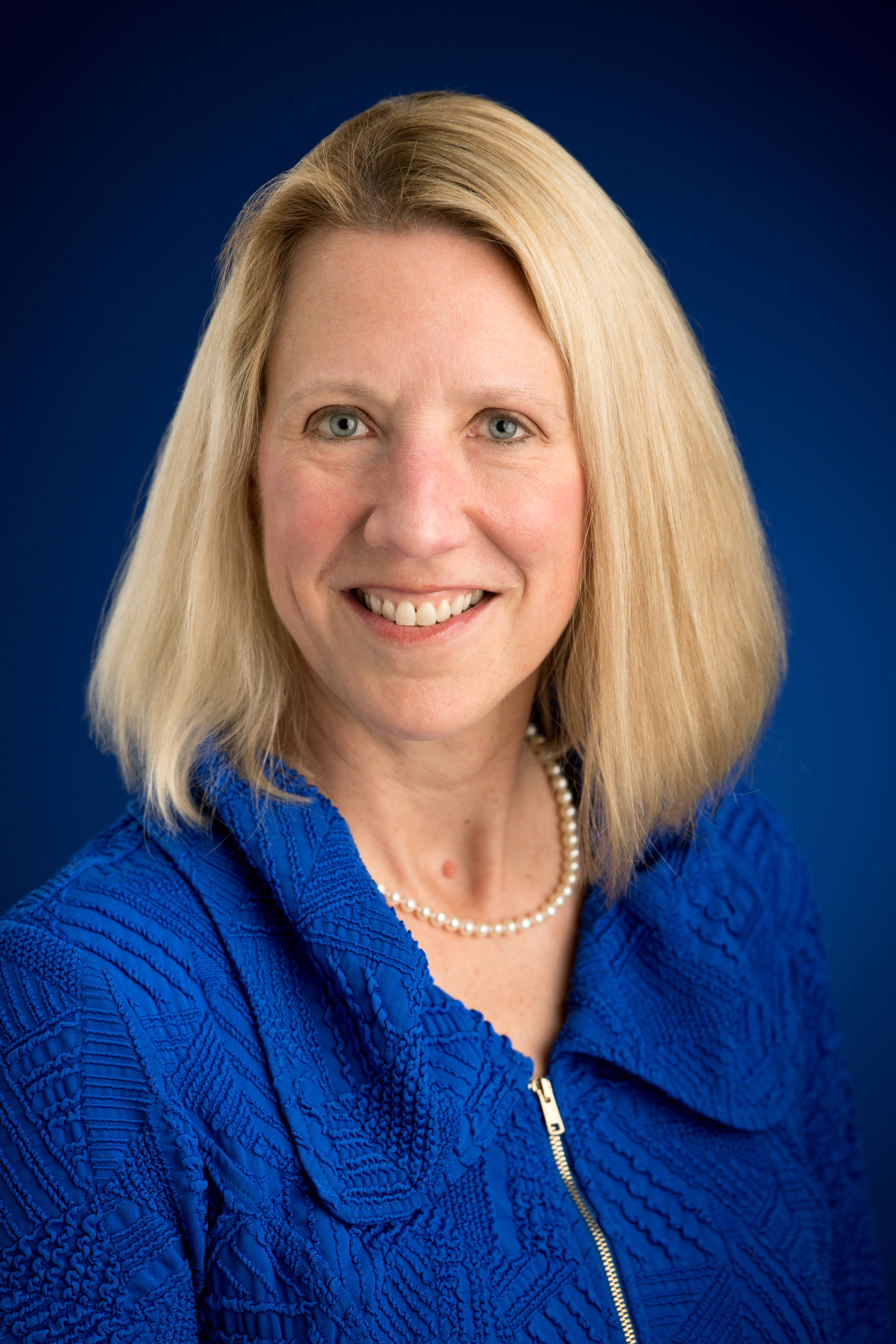Phillip E. Rodgers, MD, professor and chair of the Department of Family Medicine, as well as James E. Aikens, Ph.D., professor and associate chair for Research Programs, and Diane Harper, MD, MPH, MS, professor of Family Medicine, were among a recent gathering of family medicine research leaders who participated in the National Family Medicine Research Summit, held on October 30, 2023.
The Research Summit brought together over 140 experts who worked collaboratively to develop a roadmap and strategic plan, including action steps and metrics, to help NAPCRG increase the primary care research base by family medicine physicians and to develop resources within the National Institutes of Health to support primary care research.
Rodgers, Aikens and Harper each took part in working groups to help operationalize three key strategic priorities of the plan:
- Infrastructure Development: Building the necessary infrastructure to facilitate cutting-edge research initiatives (Rodgers)
- Funding and Advocacy Efforts: Ensuring that sufficient resources and support exist for groundbreaking research in Family Medicine (Aikens)
- Pathways and Mentorship: Creating a robust system to mentor and guide emerging researchers in family medicine (Harper, who also led the evidence-based discussion on career pathways for physician-scientists at the event).
The meeting was held by the American Departments of Family Medicine (ADFM) in the lead-up to the recent NAPCRG annual meeting in San Francisco. With financial support from the American Board of Family Medicine Foundation, ADFM members have worked for the past three years to develop the plan.
“This was a hugely positive effort towards organizing research priorities in the area of family medicine,” Aikens said. “Each of the three working groups generated numerous action plans and then voted on narrowing them down to two actions plans per working group. Enthusiasm among participants was great and I’m confident that as part of the research community, we’ll create an agenda that will enhance the unique aspects of family medicine research that is whole person, patient, family, and community centered.”
Harper said the plan’s establishment is a huge leap forward in encouraging more physicians to enter the field of family medicine research. She added that data show that patients do better in research-intense healthcare environments.
“From the career pathways tripartite arm, we intend to expose our earliest students to the concept of research in primary care,” she said. “This includes family medicine research in all medical school (allopathic and osteopathic) courses – longitudinal and clerkship, as well as intern and externship experiences.”
She noted that the Accreditation Council for Graduate Medical Education has already made scholarly activity a mandated requirement of all residency programs in family medicine.
“The summit's goal is to work with NAPCRG to create research collaboratives that share mentors and experiences so that residency programs with fewer research resources can link to mentors and other centers to identify gaps and solutions at a local level,” she said. “In addition, the summit's goal is to encourage highly-developed research centers to push higher and to develop an NIH funding house for primary care. Faculty development for those who come to a research-based career in family medicine is the third level of investigator this summit intends to develop."
Harper, who has been involved with the creation of the summit for the past three years of planning as the NAPCRG Executive Leadership representative to the Family Medicine Leadership Consortium, says she will continue to work with summit members to increase knowledge and awareness of how individual departments of Family Medicine can implement the goals of the summit.
The plan envisions family medicine research as a way to improve healthcare by enhancing health promotion, improving care for chronic diseases, and advancing healthcare delivery while also factoring in health equity, technology, and team science. It also has a goal of significantly increasing the number of family medicine physician-scientists rooted in solving primary care medicine gaps.
“I’m immensely proud of having our departmental faculty involved in all three aspects of executing this vision,” Department Chair Rodgers said. “It is energizing to be part of such a significant collaboration among family medicine research leaders and to play such an important part in moving the field of family medicine forward.”
The complete strategic plan can be found here. The ADFM also plans to issue a concise summary of key action steps and communication strategies in the future.
Summit Chair Irfan Asif, MD, associate dean for primary care and rural health, as well as professor and chair of the Department of Family and Community at the University of Alabama at Birmingham, expressed appreciation for the summit participants’ efforts in the collaboration. He added that the ADFM owes a tremendous debt of gratitude to participants for what he describes as invaluable input and dedication to defining specific action steps and initiatives.
“It is through the commitment and expertise of individuals like Harper, Aikens and Rodgers that we can drive this strategic plan toward a brighter future for family medicine research,” he said.





